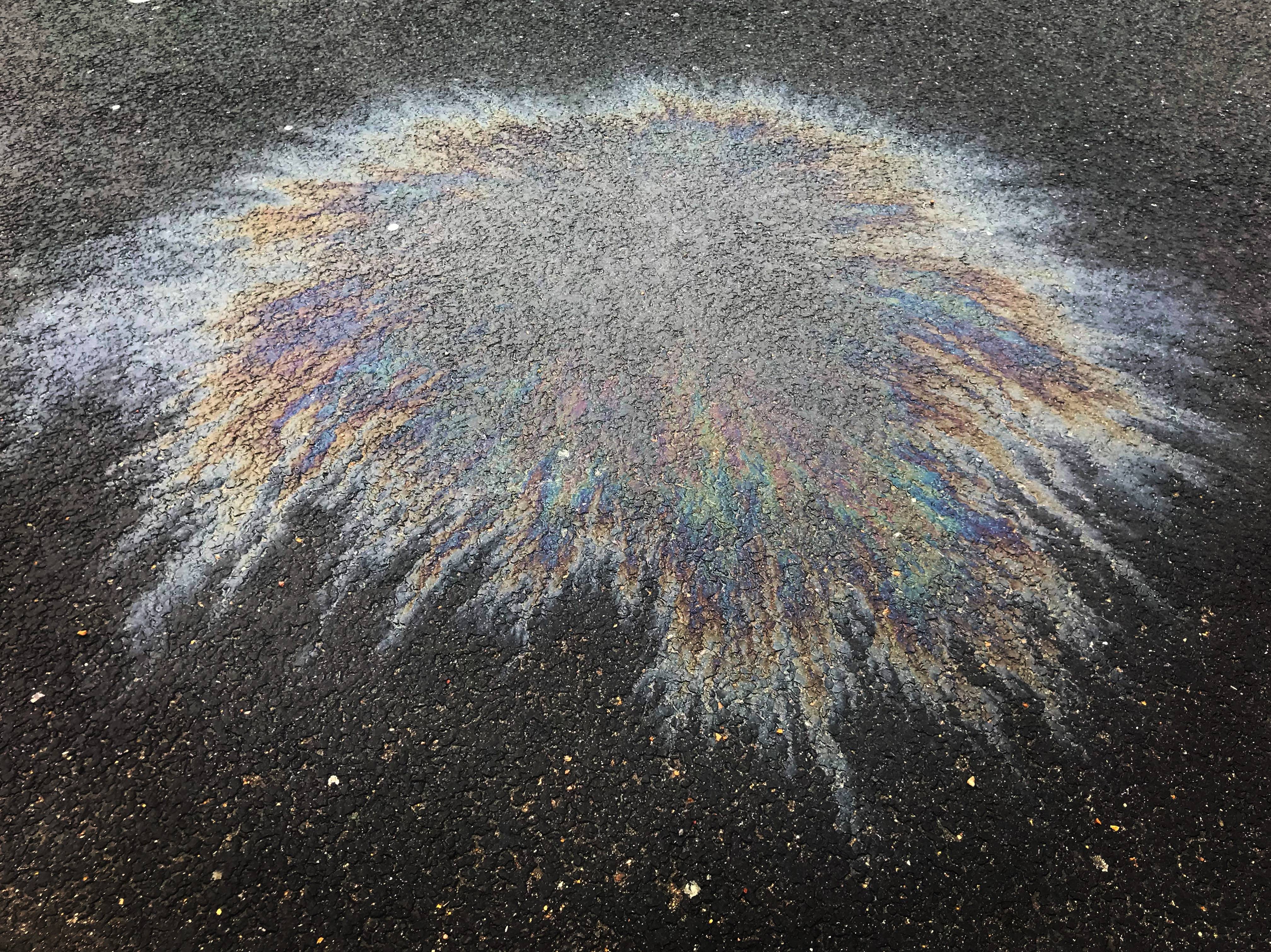
St John's Wort
Hypericum perforatum
Daisy family (Asteraceae)

Please note that this information is largely based on De la Foret (n.d.) except where noted. See Reference section for all reference details.
St John’s Wort is named for the Christian martyr, St John, because of the pigment released when the flower is rubbed, and perforatum in its Latin name refers to the tiny pinprick sized holes in the leaf. St John's Wort herb has come to be associated with depression treatment, but many herbalists consider it a minor herb for depression. It is more widely used by herbalists for nerve pain, wound healing, and liver support.
Nervous system
Restorative: St John’s Wort helps to restore the health of the nervous system if it has been depleted or weakened
Nerve pain: It alleviates nerve pain, such as from spinal injury, sciatica, or shingles
Herpes, cold sores, shingles: Herpes virus lives in nerve cells, and St John’s Wort can help prevent outbreaks and reduce severity or duration of outbreaks. Shingles, caused by a type of herpes virus called zoster virus, also results in nerve pain and painful rashes, which St John's Wort can help alleviate.
Liver support
If the liver is sluggish, it might be impeded from processing normal wastes and hormones well, which can result in hormonal or other imbalances. St John’s Wort improves particular metabolism pathways in the liver, helping to process and clear out things that need to be cleared out, and improve hormonal balance. This can help with premenstrual syndrome and other conditions of hormonal imbalance. However, because it impacts metabolism pathways, it can also clear out pharmaceuticals before they’ve had a chance to do their work.
Urinary system
St John’s Wort is a diuretic, promoting urination and excretion of fluid.
Wound healing, bruises, sprains
St John’s Wort can be used similarly to arnica to soothe bruises, wounds, sprains, or swellings, as it helps to modulate inflammation. It also helps with scar healing.
Sun protection
St John’s Wort applied topically can offer mild protection from sun damage. For some people, it may increase photosensitivity and cause sun damage, so it’s best to test out.
Plant Preparations
Internal
- Infusion
- Tincture
External
- Oil of fresh flowers
- Balm
- Liniment
Cautions
St John’s Wort can interfere with many pharmaceuticals, such as those listed below. For this reason, it’s best to avoid taking internally if one is taking any medication, unless consulting with a medical professional.
- Immunosuppressants
- Anticoagulants
- Antiarrhythmics
- Calcium channel blockers
- Anti-anginals
- Hormonal Contraceptives (unlikely interaction, according to more recent studies)
- Anxiolytics
- Antidepressants
- Antivirals
- Statins
- Anticancer drugs, such as chemotherapies
- Beta-adrenergic blockers
- Hypoglycemics
- Antiulcer agents
- Antifungals
- Anticonvulsants
- Skeletal muscle relaxants
- Antihistamines